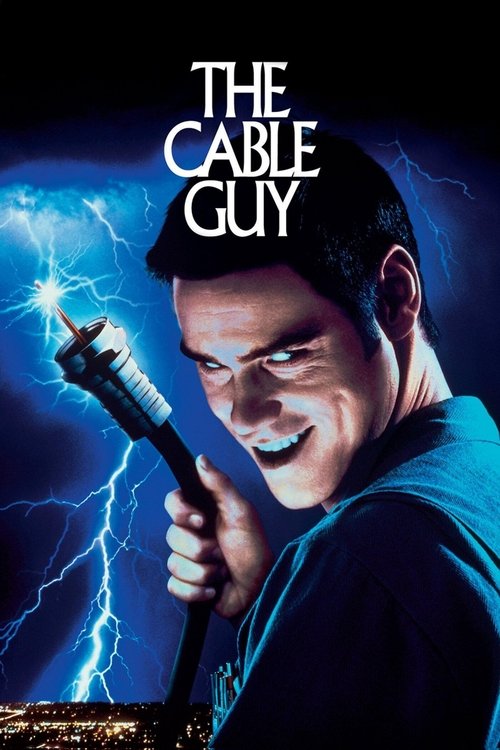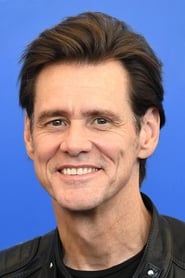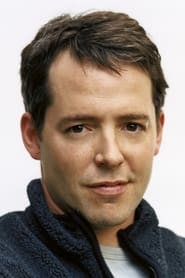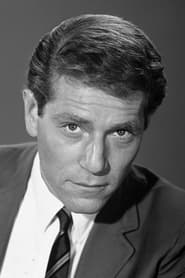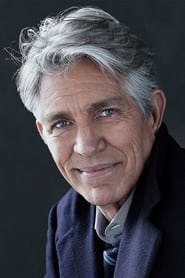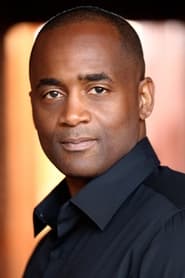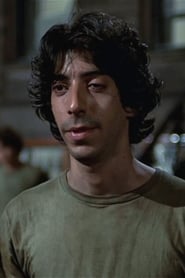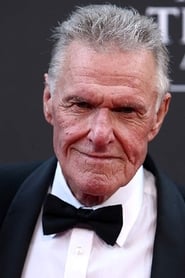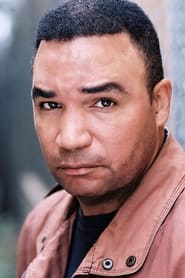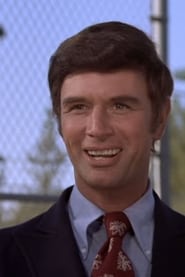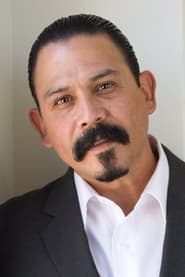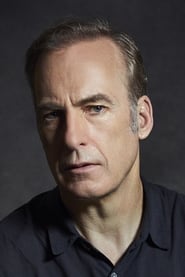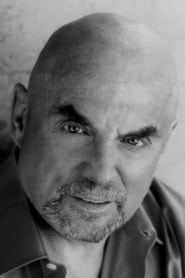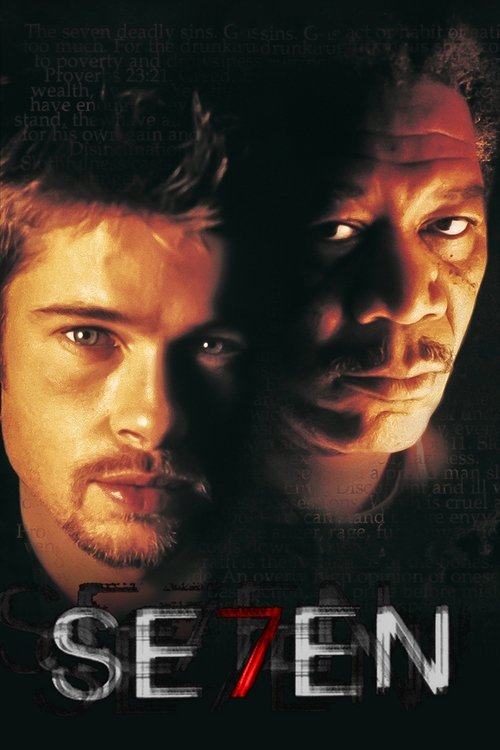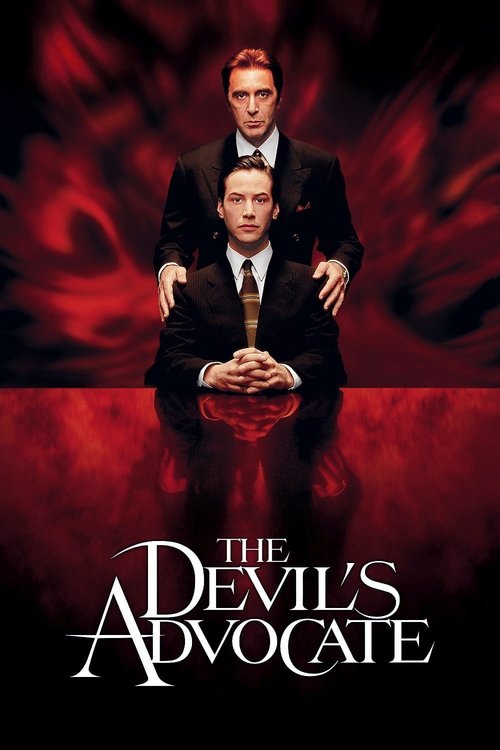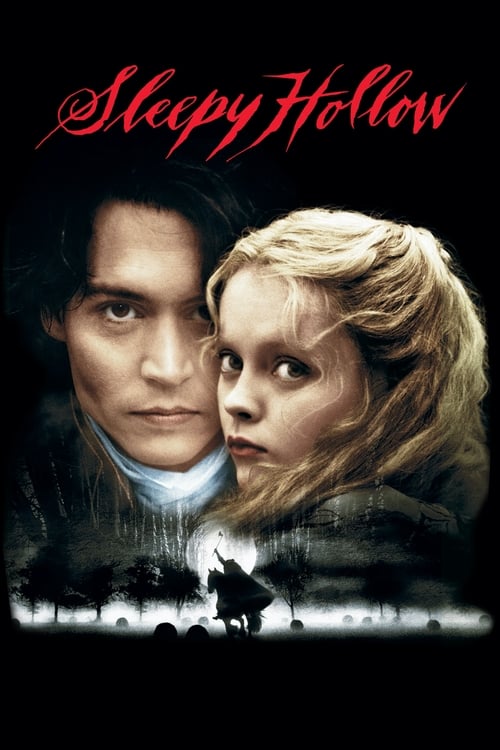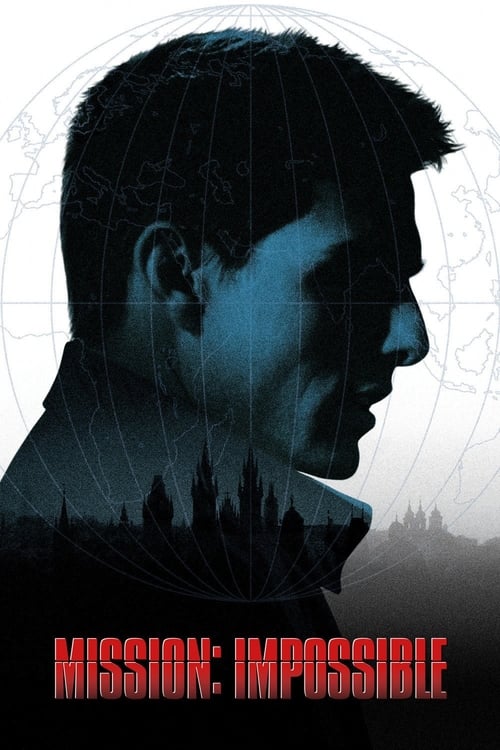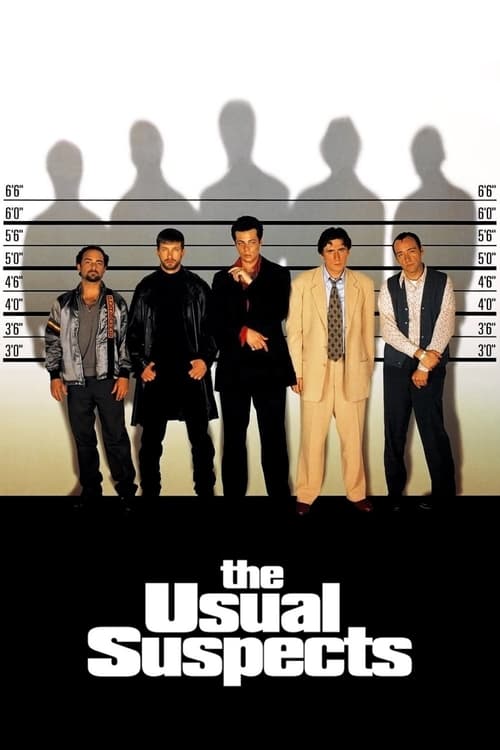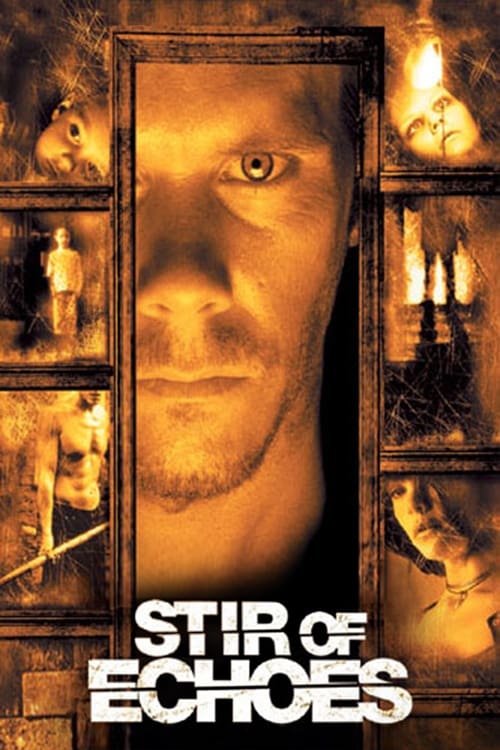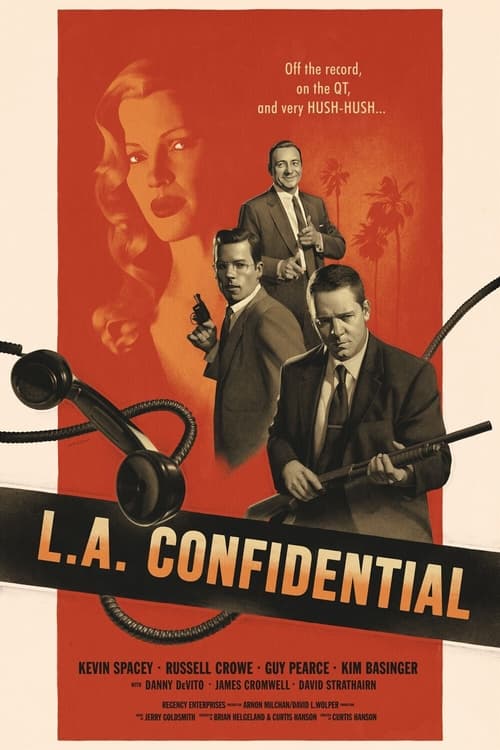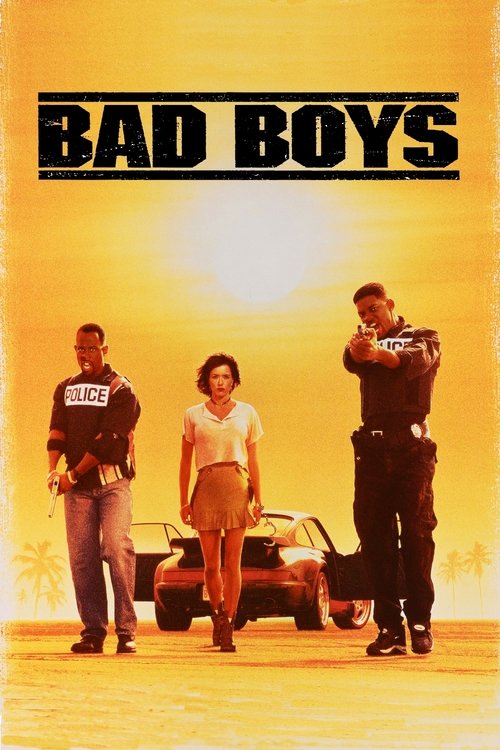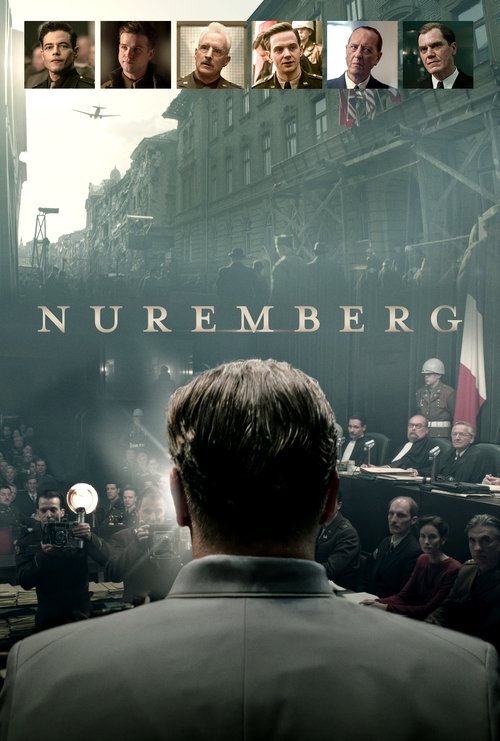
Ask Your Own Question
What is the plot?
As the sun sets on a new day, architect Steven M. Kovacs (Matthew Broderick) finds himself at a crossroads. His girlfriend, Robin Harris (Leslie Mann), has just rejected his marriage proposal, leaving him heartbroken and alone. Seeking a fresh start, Steven moves into a new apartment, a bachelor pad that will soon become the focal point of his life's latest chaos.
Steven's friend Rick advises him to bribe the cable installer for free premium channels, a move that sets off a chain of events that will change his life forever. On the advice, Steven calls for cable service, and it isn't long before Chip Douglas (Jim Carrey), the eccentric and overly friendly cable installer, arrives at his doorstep. Chip is a man with a mission: to make friends, no matter the cost. He offers Steven free premium cable in exchange for friendship, a deal that Steven reluctantly accepts, unaware of the extent of Chip's neediness.
As Chip begins to install the cable, he reveals his personal struggles, including an absent father and a childhood spent with television as his "babysitter". This revelation sets the stage for Chip's obsessive behavior, driven by a deep-seated loneliness and a desperate need for connection. Steven, still reeling from his breakup, is initially amused by Chip's antics but soon realizes that Chip's clinginess is more than just quirky; it's a sign of something much deeper.
As the days go by, Chip becomes increasingly intrusive in Steven's life. He starts leaving multiple messages on Steven's answering machine, each one more persistent than the last. Despite Steven's attempts to distance himself, Chip continues to push for a friendship, showing up at odd hours and inserting himself into every aspect of Steven's life. In a misguided attempt to help Chip, Steven gifts him a self-help course to correct his lisp, a move that Chip sees as a gesture of friendship rather than the passive-aggressive attempt it truly is.
Chip's obsession with Steven reaches new heights when he installs an expensive home theater system in Steven's apartment as a "gift," symbolizing his attempt to buy friendship and acceptance. However, Steven rejects the gift, setting the stage for a series of confrontations that will escalate into chaos.
In an attempt to further ingratiate himself with Steven, Chip suggests hosting a party for his "preferred customers" at Steven's apartment. The party becomes a turning point in their relationship. During the festivities, Steven sleeps with a woman named Heather, who is revealed the next morning to be a prostitute hired by Chip specifically for Steven. This revelation sparks a heated confrontation, with Steven angrily ejecting Chip from his apartment.
Determined to make amends, Chip orchestrates a series of manipulations designed to reunite Steven with Robin. In a dramatic and violent confrontation, Chip, disguised, beats up Robin's new boyfriend in a restaurant bathroom, warning him to stay away from her. He then upgrades Robin's cable, framing it as a gift from Steven, which ultimately leads to Robin getting back together with Steven.
However, when Steven discovers Chip's role in their reunion, he politely but firmly ends their friendship. This rejection sets off a chain reaction of vengeful acts by Chip. Devastated by Steven's rejection, Chip frames him for possession of stolen property using his connections with law enforcement, who are among his "preferred customers". Steven is arrested and held in jail, where Chip mocks him through the visitation window, further humiliating him.
Upon his release, Steven is met with further embarrassment when Chip attends a family dinner at the Kovacs' home, where he humiliates Steven in front of his family, including his parents Earl (George Segal) and Mrs. Kovacs (Diane Baker), and his brother Pete (Bob Odenkirk). Chip's actions at the dinner, including a sexualized version of the game Password and insinuations about Robin's birthmark, lead Steven to confront him physically, but the family sides with Chip, believing Steven is overreacting.
As tensions escalate, Chip's obsession turns violent and controlling. In a final, desperate bid for attention and connection, Chip kidnaps Robin and takes her to the city's central satellite dish, intending to hijack national television to broadcast his own twisted "big show". This act symbolizes his warped view of friendship and fame, where he seeks validation through public spectacle.
The film's climax unfolds atop the satellite dish, where Steven confronts Chip in a tense and physical struggle. With Robin's safety at stake, Steven fights to subdue Chip and save the woman he loves. After a dramatic confrontation, Steven manages to overpower Chip, and the authorities arrive to arrest him.
In the aftermath, Steven and Robin reconcile, having survived Chip's manipulations. The final scenes imply a return to normalcy, but with the lingering unease of Chip's impact on their lives. The film ends on a darkly comic note, underscoring the dangers of blurred boundaries and the consequences of rejecting someone desperate for connection. As the credits roll, the audience is left pondering the complexities of loneliness and obsession, themes that The Cable Guy explores with both humor and pathos.
What is the ending?
In the ending of "The Cable Guy," after a series of increasingly erratic and dangerous behaviors from Chip Douglas, the titular cable guy, the protagonist, Steven, confronts him. The climax occurs when Chip takes Steven hostage in a climactic showdown at a satellite dish installation site. Ultimately, Steven manages to escape, and Chip is left alone, reflecting on his actions. The film concludes with Steven moving on with his life, having learned valuable lessons about friendship and boundaries, while Chip is left isolated, hinting at his unresolved issues.
Now, let's delve into the ending in a more detailed narrative fashion.
As the film approaches its climax, tension escalates between Steven, played by Matthew Broderick, and Chip Douglas, portrayed by Jim Carrey. After a series of unsettling encounters, Steven realizes that Chip's obsession with him has spiraled out of control. The final confrontation begins when Steven, feeling cornered and desperate, decides to confront Chip at a satellite dish installation site, a location that symbolizes both the technological connection and the emotional disconnection between them.
The scene opens with a dark, stormy night, the atmosphere thick with tension. Steven arrives at the site, his heart racing, knowing he must face Chip. The camera captures the flickering lights of the satellite dishes, casting eerie shadows that reflect the chaos of their relationship. As Steven steps inside, he finds Chip waiting, a manic glint in his eyes, surrounded by the remnants of their friendship, now twisted into something sinister.
Chip, desperate for connection, tries to convince Steven that they can still be friends, but his words are laced with desperation and delusion. He reveals his plan to make Steven see the world through his eyes, a world where they are inseparable. The emotional stakes are high as Steven, feeling trapped, tries to reason with Chip, but the cable guy's erratic behavior escalates. He brandishes a tool, a symbol of his twisted affection, and the atmosphere becomes charged with danger.
In a moment of clarity, Steven realizes he must escape. He seizes an opportunity and makes a break for it, running through the maze of satellite dishes, the sound of thunder echoing in the background. The chase is frantic, with Chip pursuing him, calling out for him to come back, his voice a mix of anger and sorrow. The visual contrast between the dark storm and the bright lights of the satellite dishes emphasizes the turmoil within both characters.
As Steven finally breaks free, he finds himself outside, gasping for breath, the rain pouring down, washing away the remnants of his fear. He looks back, seeing Chip standing alone amidst the chaos, a figure of loneliness and despair. The camera lingers on Chip's face, capturing the moment of realization that he has lost the only friend he ever truly wanted.
The film concludes with Steven moving forward in his life, having learned the importance of setting boundaries and the complexities of friendship. He is seen with his girlfriend, enjoying a moment of normalcy, a stark contrast to the chaos that Chip represented. Meanwhile, Chip is left behind, isolated and alone, a poignant reminder of the consequences of his obsessive behavior. The final shot of Chip, sitting in the dark, watching television alone, encapsulates his fate--forever trapped in his own world, longing for connection but unable to forge it.
In this ending, the fates of the main characters are clear: Steven emerges stronger and wiser, while Chip remains a tragic figure, a reflection of the dangers of obsession and the need for genuine human connection.
Is there a post-credit scene?
The movie "The Cable Guy," produced in 1996, does not have a post-credit scene. The film concludes with the final scenes showing the aftermath of the chaotic events that transpired between the main characters, particularly focusing on the Cable Guy, played by Jim Carrey, and his obsession with Steven, portrayed by Matthew Broderick. After the climax, the story wraps up without any additional scenes or content during or after the credits. The film ends on a note that leaves the audience reflecting on the themes of loneliness and the consequences of unhealthy relationships, but there are no further scenes to extend the narrative.
What motivates the Cable Guy to become obsessed with Steven?
The Cable Guy, played by Jim Carrey, becomes obsessed with Steven, portrayed by Matthew Broderick, due to his own deep-seated loneliness and desire for friendship. After initially bonding over their shared love for television, the Cable Guy's need for connection spirals into an unhealthy fixation, leading him to manipulate situations to keep Steven close.
How does the Cable Guy's past influence his behavior throughout the film?
The Cable Guy's troubled past, marked by a lack of meaningful relationships and a childhood filled with neglect, significantly influences his erratic behavior. His experiences of being bullied and feeling isolated drive him to seek validation and companionship through increasingly desperate and intrusive actions.
What role does the character of Robin play in the Cable Guy's obsession with Steven?
Robin, played by Leslie Mann, serves as a catalyst for the Cable Guy's jealousy and obsession. When Steven begins dating her, the Cable Guy feels threatened and rejected, which exacerbates his unstable mental state and leads him to take drastic measures to sabotage their relationship.
How does the Cable Guy manipulate situations to isolate Steven from his friends?
The Cable Guy employs various manipulative tactics to isolate Steven from his friends, including sabotaging Steven's relationships and creating scenarios that force Steven to rely on him. He orchestrates events that lead to misunderstandings and conflicts, ultimately driving a wedge between Steven and his social circle.
What is the significance of the Cable Guy's obsession with television and pop culture?
The Cable Guy's obsession with television and pop culture reflects his desire for connection and escape from reality. He uses TV references and quotes to bond with Steven, but this obsession also highlights his inability to form genuine relationships, as he often confuses fantasy with real-life interactions.
Is this family friendly?
"The Cable Guy," produced in 1996, is not considered family-friendly due to its dark humor and themes. Here are some potentially objectionable or upsetting aspects that might occur for children or sensitive viewers:
-
Violence and Aggression: There are scenes that depict physical altercations and aggressive behavior, including moments where the Cable Guy displays erratic and violent tendencies.
-
Dark Humor: The film employs a brand of humor that can be unsettling, including jokes about mental health issues and social isolation.
-
Obsessive Behavior: The Cable Guy exhibits obsessive and stalker-like behavior towards the main character, which can be uncomfortable to watch.
-
Adult Themes: The film explores themes of loneliness, rejection, and the consequences of unhealthy relationships, which may be too mature for younger audiences.
-
Language: There is strong language throughout the film, which may not be suitable for children.
-
Sexual Content: There are suggestive scenes and innuendos that may not be appropriate for younger viewers.
These elements contribute to the film's overall tone, which leans more towards a dark comedy rather than a family-friendly experience.

